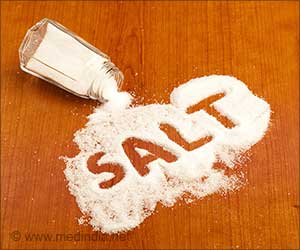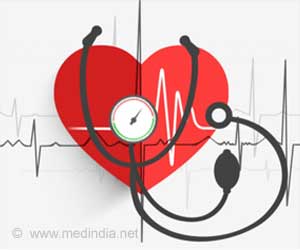Cutting salt isn't the only way to reduce blood pressure, for a new study has suggested that people should also boost their intake of potassium, which has the opposite effect to sodium.
Researchers from Loyola University Health System have found that the ratio of sodium-to-potassium in subjects' urine was a strong indicator of cardiovascular disease than sodium or potassium alone."There isn't as much focus on potassium, but potassium seems to be effective in lowering blood pressure and the combination of a higher intake of potassium and lower consumption of sodium seems to be more effective than either on its own in reducing the risk of cardiovascular disease," said Dr. Paul Whelton, senior author of the study.
In the Trials of Hypertension Prevention study, the researchers collected 24-hour urine samples intermittently during an 18-month period in one trial and during a 36-month period in a second trial.
Those with the highest sodium levels in their urine were 20 percent more likely to suffer strokes, heart attacks or other forms of cardiovascular disease compared with their counterparts with the lowest sodium levels.
However, participants with the highest sodium-to-potassium ratio in urine were 50 percent more likely to experience cardiovascular disease than those with the lowest sodium-to-potassium ratios.
The new study "is a quantum leap in the quality of the data compared to what we have had before," Whelton said.
Advertisement
Good potassium sources include fruits, vegetables, dairy foods and fish. Foods that are especially rich in potassium include potatoes and sweet potatoes, fat-free milk and yogurt, tuna, lima beans, bananas, tomato sauce and orange juice.
Advertisement
Source-ANI
SRM














